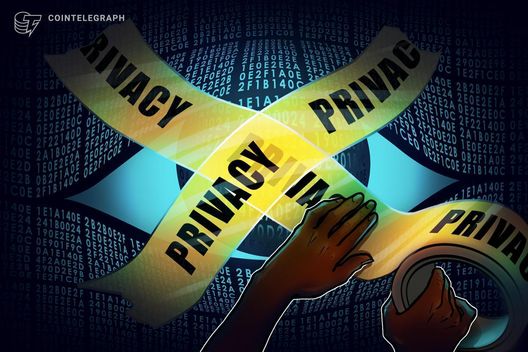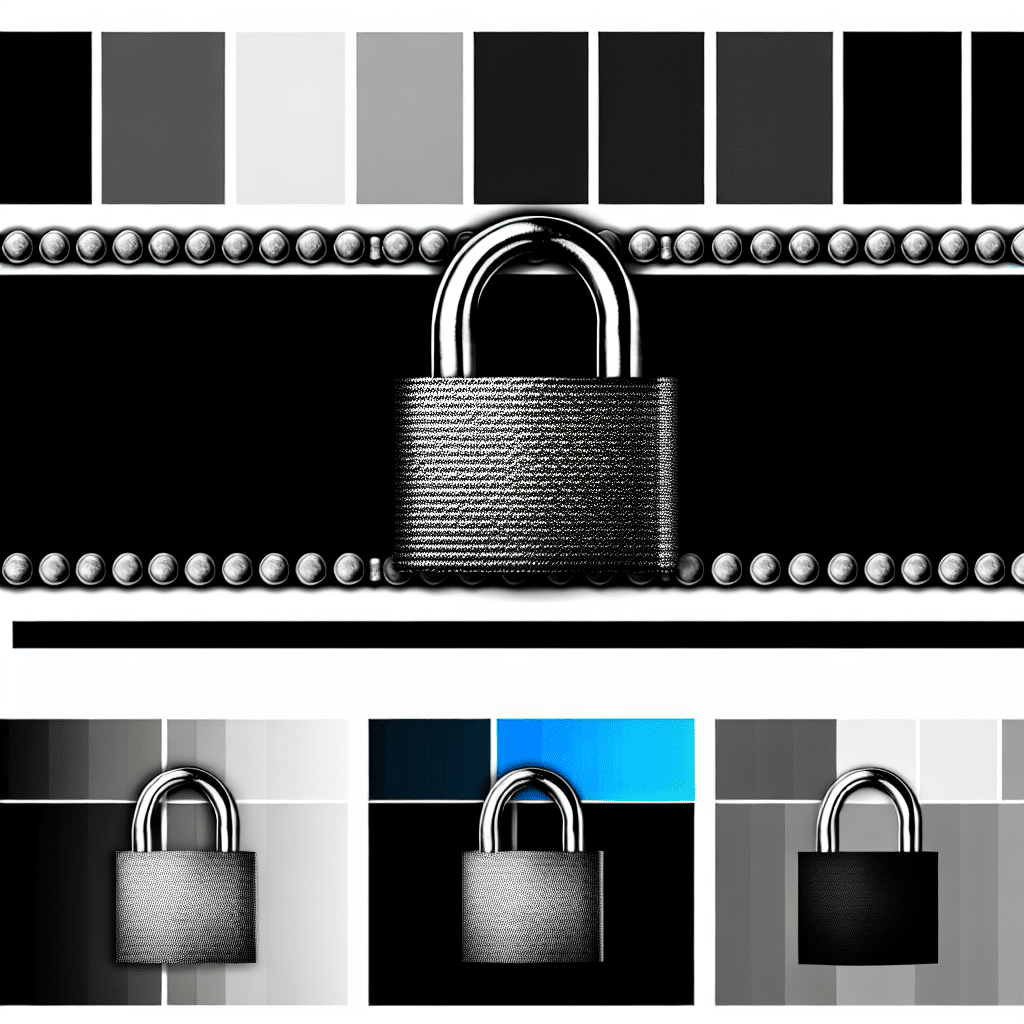
Opinion by: Amal Ibraymi, legal counsel at Aztec Labs
In 2025, a cyberattack on UnitedHealth’s technology division exposed the data of nearly 200 million individuals. Months later, Coinbase revealed that overseas customer support representatives had been bribed for access to user information. These incidents aren’t isolated; they highlight a flawed system.
The current compliance regulations designed to protect us compel companies to amass large quantities of sensitive personal information, creating enticing targets for cybercriminals. While businesses prefer to avoid this liability, regulators mandate data collection. This situation fosters the notion that privacy and compliance are inherently conflicting.
It doesn’t have to be this way. Innovations like zero-knowledge (ZK) proofs and decentralized identity enable compliance verification without exposing sensitive data. This allows age verification without disclosing birthdays or confirming eligibility without revealing names. These advancements suggest that privacy isn’t a hindrance to compliance; rather, it can act as its strongest ally and a competitive advantage.
We’ve all been paying a privacy tax
For decades, compliance has felt like an extraction of personal data. Regulators require businesses to demonstrate they aren’t facilitating illegal activities and are adhering to Anti-Money Laundering (AML) and Know Your Customer (KYC) regulations. Traditionally, companies ensured compliance by accumulating extensive amounts of sensitive user data for identity verification.
The outcome? Enormous liabilities. Data breaches result in not only embarrassing headlines but also increased risks of identity theft, phishing, and fraud. The “compliance by collection” model has transformed ordinary businesses into vulnerable data repositories by design.
Thanks to breakthroughs like ZK-proofs, applications can comply with regulations without ever accessing or storing consumer data. Users can confirm they aren’t on sanction lists without revealing their identities, and they can demonstrate they are of legal age to trade without sharing their birthdates. For the first time, companies can adhere to regulations without compromising user protection.
Compliance without the paper trail is the future
We have the capability to disrupt this cycle. Utilizing ZK-proofs for compliance and consumer protection isn’t just a technical shift; it’s a philosophical revolution. This transition signals the end of “compliance by collection” and the dawn of “compliance by computation,” ensuring privacy by default and design.
ZK-proofs are redefining the verification process by eliminating the need for a paper trail. They empower individuals to manage their credentials while only disclosing minimal information as necessary. Furthermore, privacy-preserving analytics can offer an additional layer of security, permitting oversight without necessitating extensive storage of raw personal data in centralized databases vulnerable to attacks.
Related: ZKPs can prove I’m old enough without telling you my age
These technological advances are no longer theoretical; they are already being implemented. Last year, Buenos Aires incorporated ZK-proofs into its city app to enhance privacy for residents. The app allows users access to city services and confidential documents, enabling them to prove their age for alcohol purchases or confirm their vaccination status without compromising personal information.
Companies that prioritize privacy will gain a competitive edge
Compliance is essential for operations; it’s not optional for businesses. However, facilitating private data transactions is a choice. Companies that opt for ZK-proof-enabled solutions to safeguard user data will hold a competitive advantage as consumers increasingly prioritize privacy.
ZK-proof-enabled privacy mechanisms also introduce economic incentives such as improved customer retention and lowered audit costs. Regulatory bodies expect businesses to uphold stringent standards, historically leading to the extensive collection of user data. These data caches attract malicious actors and, in centralized systems, can result in massive data breaches, leaving individuals vulnerable to identity theft, phishing scams, and more.
Privacy-preserving compliance transforms this narrative: it enables companies to adhere to regulations while keeping sensitive information out of reach, fostering trust and minimizing risk simultaneously.
Customers are likely to trust brands that can substantiate their compliance without amassing sensitive information. For instance, tools like Calimero Network’s data verification and Taceo’s coSNARK network demonstrate compliance while safeguarding personal details. Solutions like ZKPassport empower individuals to prove their nationality, age, or residency without revealing unnecessary information.
This is the future of compliance: verification without overexposure. This strategy mitigates breach fallout, reduces compliance overhead, and aligns with global data minimization trends mandated by privacy legislation in Europe, the UK, and various US states. In competitive markets, this combination is a significant selling point. The winners will be those who can claim, “We meet all requirements, and we still don’t know your birthday.”
Let’s aim for “just enough information”
Ultimately, the critical question is not whether we can afford privacy; it’s whether we can afford to disregard it. Big tech and regulators must evolve past data hoarding and adopt new models that prove compliance while providing just the essential information. Privacy-preserving compliance isn’t merely theoretical. Today, it’s feasible, practical, and absolutely necessary.
Opinion by: Amal Ibraymi, legal counsel at Aztec Labs.
This article is for general information purposes and is not intended to be and should not be taken as legal or investment advice. The views, thoughts, and opinions expressed here are the author’s alone and do not necessarily reflect or represent the views and opinions of Cointelegraph.

